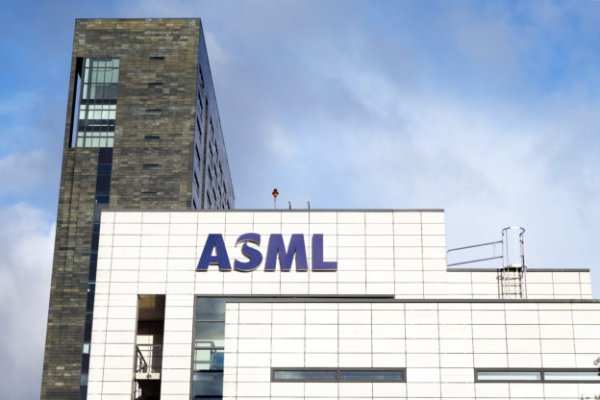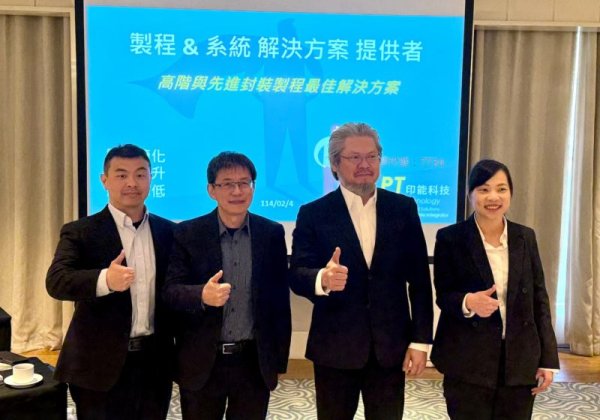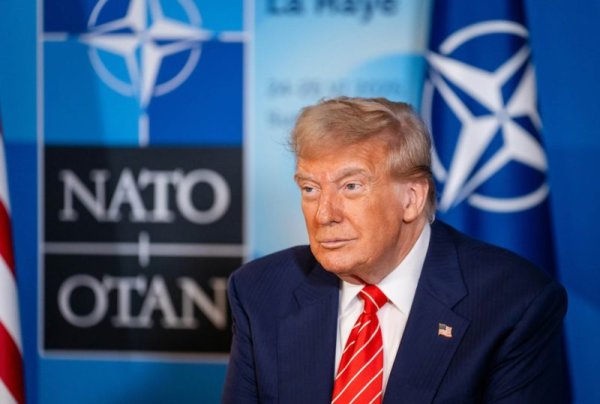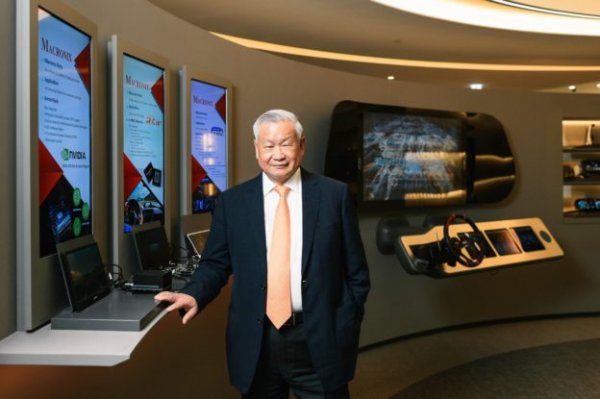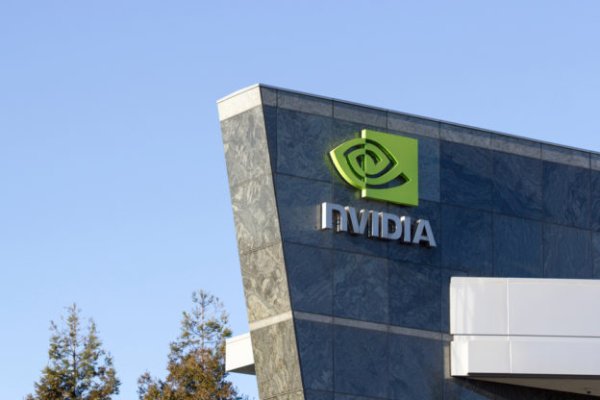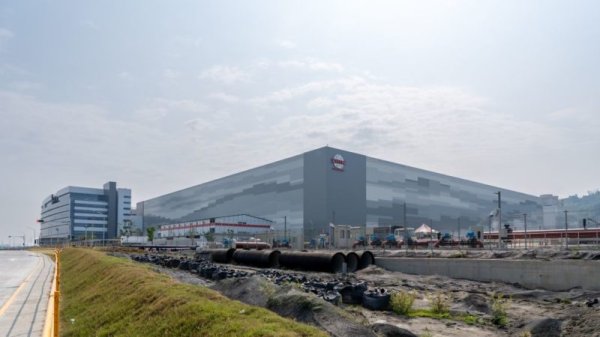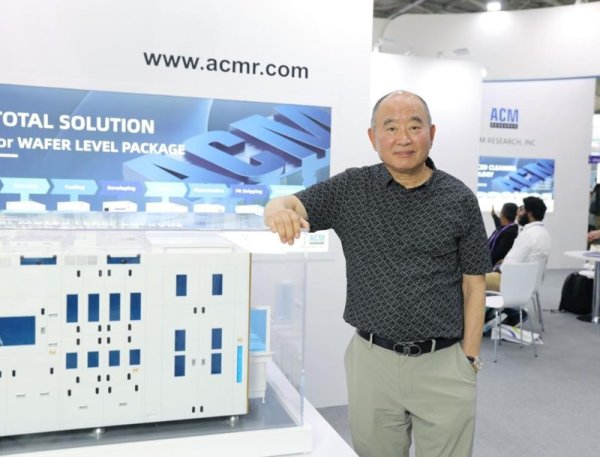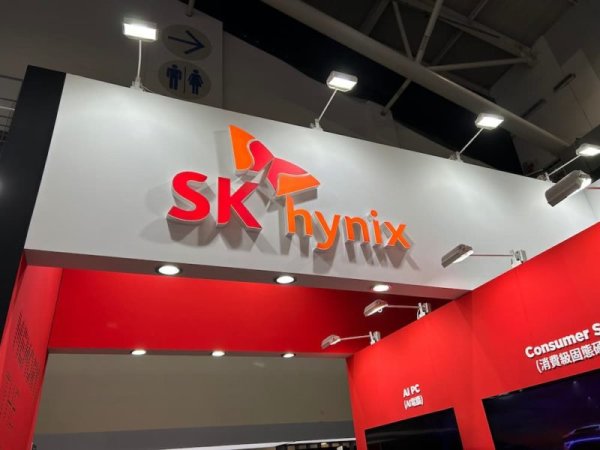Details of Sichuan-Xi meeting agreement made public! China suspends rare earth controls, releases Nexperia, and US delays tariffs
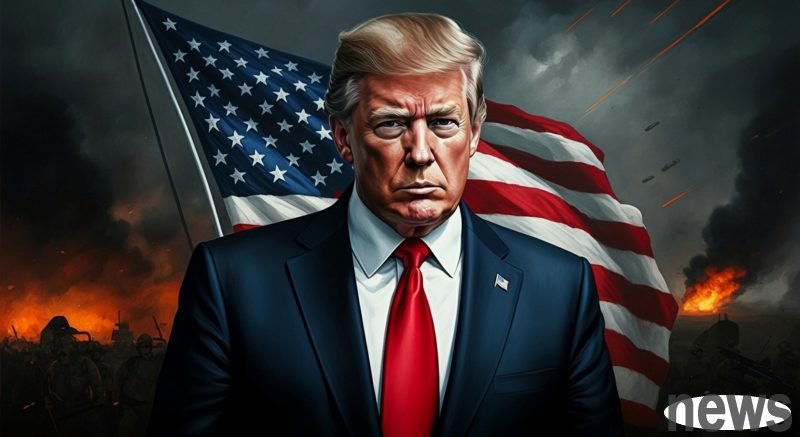
The U.S. White House released a document detailing some details of the latest trade agreement between U.S. President Donald Trump and Chinese President Xi Jinping, including that China will suspend export controls on rare earth metals and terminate investigations into Nexperia, and the U.S. will extend some tariff exemptions with the goal of reducing trade tensions between the two major economies.
During the APEC Summit held in Gyeongju, South Korea, Trump and Xi Jinping held their first official "Trump-Xi meeting" since Trump was re-elected. After long-term trade disputes and market turmoil, the two sides hoped to temporarily inject stability into U.S.-China relations through this agreement. Subsequently, the White House released a document explaining some details of the latest trade agreement.
According to the agreement, China will issue general export licenses to allow the export of key materials such as rare earths, gallium, germanium, antimony and graphite to benefit U.S. end users and their global suppliers. This move is equivalent to the lifting of some export controls implemented by China in April and October.
The White House confirmed that China will allow Dutch chipmaker Nexperia to resume shipments from its factory in China. Since Nexperia is a key supplier of chips for the automotive and consumer electronics industries, this move will help ease the chip supply concerns faced by the automotive industry due to the U.S.-China trade war and ease tensions in the U.S.-China semiconductor supply chain.
The United States announced that it will extend some tariff exemptions, suspend its plan to impose 100% tariffs on Chinese exports in November, and extend some of the tariff exemptions under Section 301 of the United States from the original deadline of November 29, 2025, to November 10, 2026.
The United States also agreed to halve its fentanyl tariffs on China to 10%, while Beijing will resume purchasing U.S. soybeans and other agricultural products. The U.S. said China will buy 12 million metric tons of soybeans this season and at least 25 million metric tons per year over the next three years. Trump said on October 31 that he was expected to lift the remaining 10% tariff if China continued to crack down on the flow of fentanyl precursor chemicals.
The United States agreed to halve the tariff on Fentanyl from 20% to 10%, and China will resume purchasing U.S. soybeans and other agricultural products. The United States stated that China will purchase 12 million tons of soybeans this season and at least 25 million tons per year in the next three years. Trump even emphasized that "as long as China continues to crack down on fentanyl exports, the United States will cancel the remaining 10% tariff."
The market generally believes that although the "Trump-Xi meeting" reached some agreements, most of the agreements only lasted for one year, and were therefore regarded as a temporary "trade ceasefire" by the outside world. Even if both sides made concessions on some key issues, they still have not been able to comprehensively resolve the core issues of the US-China trade war, as well as other geopolitical disputes including Taiwan and the Russia-Ukraine war.
What did Trump, Xi agree to on tariffs, export controls and fentanyl
Further reading: German businessman SUSS spent 533 million to build a Zhubei production base! The first batch of semiconductor process equipment is expected to be delivered in 2026 Dewei earned 1.06 yuan per share in the third quarter, turning a loss into a profit! Welcome Nexperia's transfer order effect to bottom out NVIDIA leads AI optical communications into a three-year golden period! A look at the beneficiary supply chain related to silicon photonics CPO

